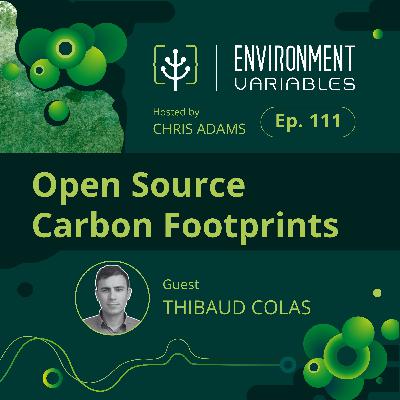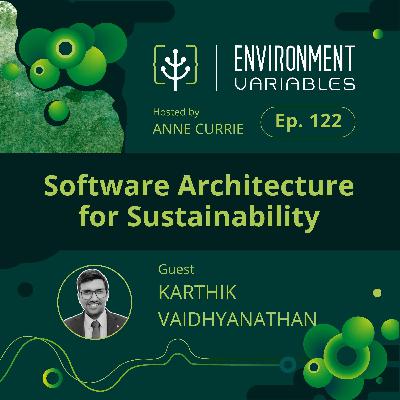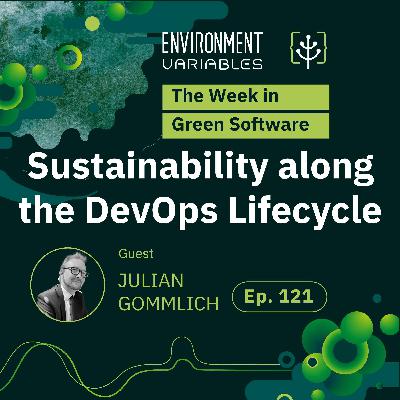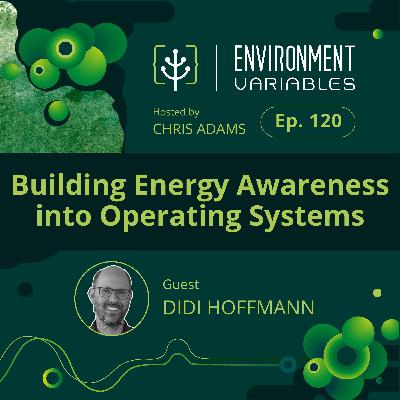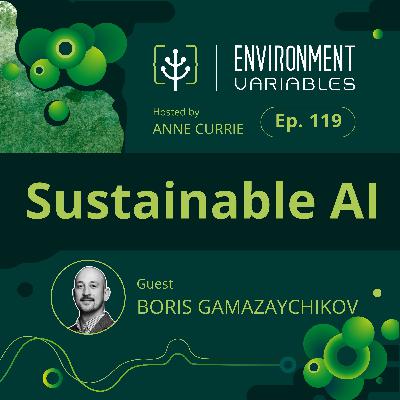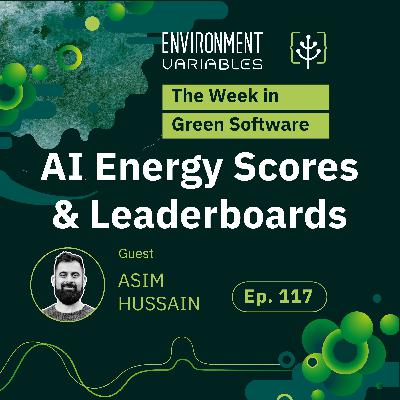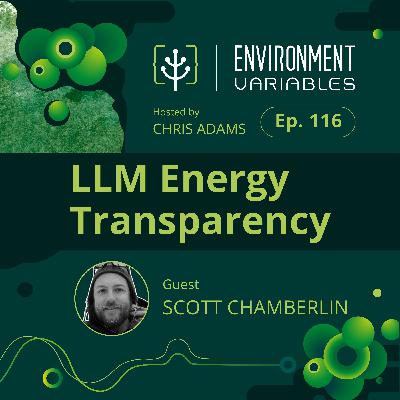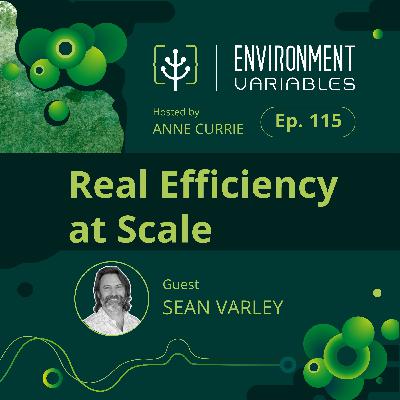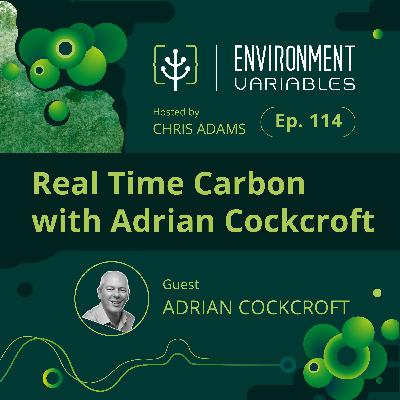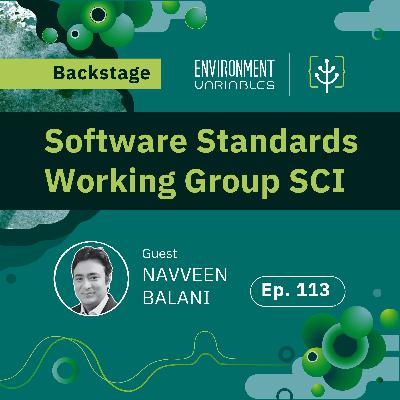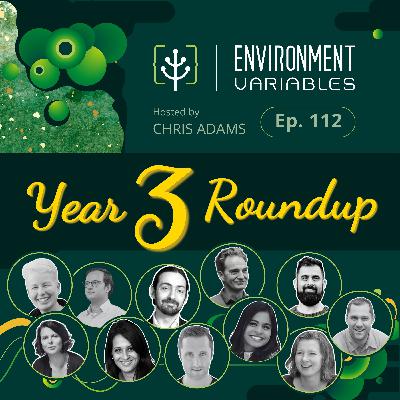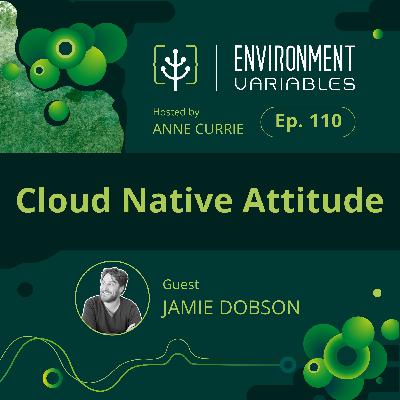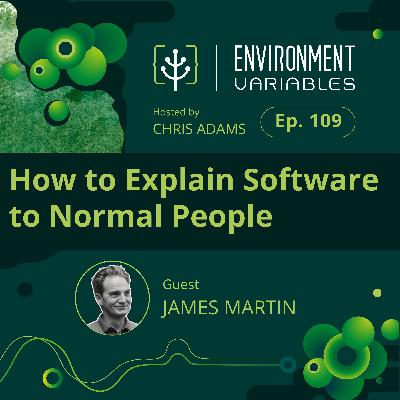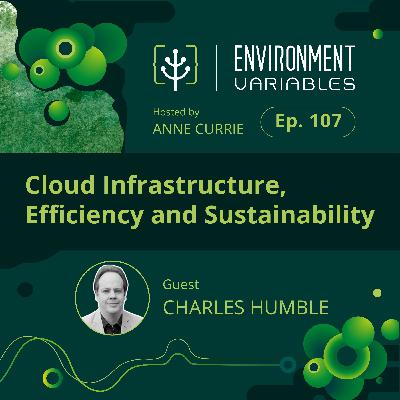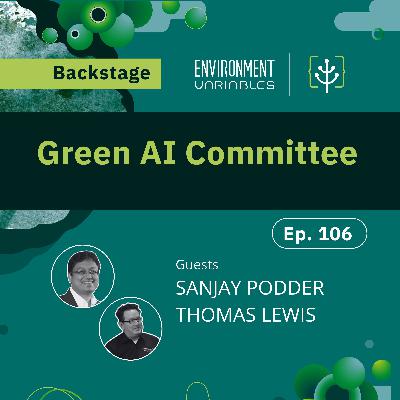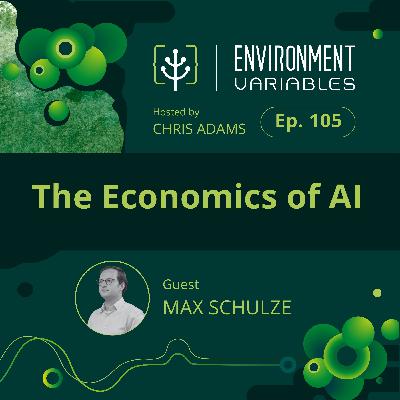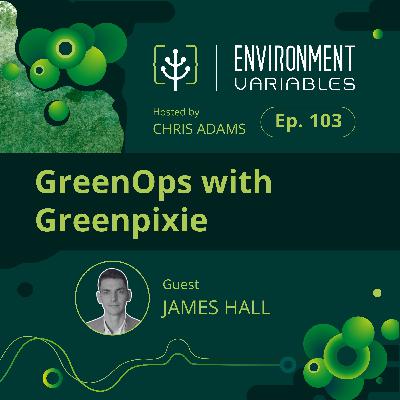Open Source Carbon Footprints
Update: 2025-06-12
Description
Chris Adams is joined by Thibaud Colas; product lead at Torchbox, president of the Django Software Foundation, and lead on Wagtail CMS. They explore the role of open source projects in tackling digital carbon emissions and discuss Wagtail's pioneering carbon footprint reporting, sustainable default settings, and grid-aware website features, all enabled through initiatives like Google Summer of Code. Thibaud shares how transparency, contributor motivation, and clear governance can drive impactful sustainability efforts in web development, and why measuring and reducing emissions in the Python ecosystem matters now more than ever.
Learn more about our people:
Find out more about the GSF:
Resources:
- Wagtail CMS [01:46 ]
- Web Almanac | HTTP Archive [08:03 ]
- Google Summer of Code [11:07 ]
- Wagtail RFCs [19:51 ]
- A Gift from Hugging Face on Earth Day: ChatUI-Energy [27:55 ]
- PyCon US [36:07 ]
- Grid-aware websites - Green Web Foundation [39:22 ]
- Climate Action Tech [41:07 ]
- Agent Bedlam: A Future of Endless AI Energy Consumption? - My Framer Site
- Here's how re/insurers can curb GenAI emissions | Reinsurance Business
If you enjoyed this episode then please either:
- Follow, rate, and review on Apple Podcasts
- Follow and rate on Spotify
- Watch our videos on The Green Software Foundation YouTube Channel!
- Connect with us on Twitter, Github and LinkedIn!
TRANSCRIPT BELOW:
Thibaud Colas: If you get your contributors to work on high value and high impact things, that's the best way to motivate them. So that's kind of the idea here is, formalize that we have a goal to reduce our footprint. And by virtue of this, we, you know, make it a more impactful thing for people to work on by having those numbers, by communicating this specific change to images, here is the potential for it to reduce emissions.
Thibaud Colas: If you get your contributors to work on high value and high impact things, that's the best way to motivate them. So that's kind of the idea here is, formalize that we have a goal to reduce our footprint. And by virtue of this, we, you know, make it a more impactful thing for people to work on by having those numbers, by communicating this specific change to images, here is the potential for it to reduce emissions.
Chris Adams: Hello, and welcome to Environment Variables, brought to you by the Green Software Foundation. In each episode, we discuss the latest news and events surrounding green software. On our show, you can expect candid conversations with top experts in their field who have a passion for how to reduce the greenhouse gas emissions of software.
I'm your host, Chris Adams.
Hello and welcome to Environment Variables, where we bring you the latest news and updates from the world of sustainable software development. I'm your host, Chris Adams. If you want the way we build software to be more sustainable and more inclusive, one way to improve the chances of this happening is to make it easier to build it that way,
so building greener software goes with the grain of the software framework you're using. And one way to do that is update the defaults that prioritize accessibility and sustainability in the framework itself. One of the people I've seen who really exemplifies this idea and this approach is my guest today, Thibaud Colas,
a lead developer at the software agency, Torchbox, the current president of the Django Software Foundation and the product lead at the popular Wagtail Content Management System, which is also built on top of Django. The Wagtail CMS powers sites like the NASA Jet Propulsion Labs website, the University of Pennsylvania's website, the Tate Gallery, and even the main NHS website in the UK.
So while it might not have the same coverage as WordPress, which covers more than a third of the internet, still powers a large number of, a number of large sites, and changes made in this framework can have a decent reach. So changes made here are worth discussing because the Wagtail CMS docs, in my view, are probably the most advanced talking about sustainability for any open source CMS right now.
And there's a clear link between sustainability and embodied admissions of the hardware that you actually, that people need to use to access your websites too. And with that in mind, you can see it's got some of the most developed accessibility features as well. But we're getting ahead of ourselves though, and Thibaud is in a much better place to talk about this than me.
So Thibaud, thank you so much for joining us. Can I give you the floor to introduce yourself for our listeners?
Thibaud Colas: Hi. It's my pleasure, Chris. Thank you for having me. I'm Thibaud, my pronouns are he/him. And, yeah, I'm the product lead, for the Wagtail CMS at Torchbox. Wagtail is an open source project and products, and Torchbox, we are the original creators of the project and main contributors. And, yeah, as product lead I helped shape the work of Torchbox on Wagtail and of other contributors as well. And, as president of the Jingo Software Foundation, I have similar responsibilities for the Django Project. Django being a big Web framework, one of the biggest on Python. Just to give you a sense of scale, Wagtail, that's on the order of 10 to 20,000 sites out there. And Django, we're talking half a million to a million projects.
Chris Adams: Cool. Thank you, Thibaud. And, Thibaud, where are you calling me from today? Because, I,
Thibaud Colas: I'm in Cambridge, UK. got started on Wagtail way back in New Zealand,
but travels took me back to Europe and UK. I'm from France originally.
Chris Adams: Oh, cool. Alright, thank you for that. So I'm Chris Adams. I am the co-chair of the Green Software Foundation Policy Working Group. I'm also one of the, we're also, we also have show notes for this.
So all the projects and links that we discuss will be available. So in your quest to basically develop better sustain sustainable software engineering skills, that will all be available for this. So we look up podcast.greensoftware.foundation to find that. Alright, Thibaud, we've got a bunch of questions to get through.
Shall we start?
Thibaud Colas: Yeah, sure.
Chris Adams: Okay. Alright. So one thing that I, that really came up on my radar a few years ago when I saw this, was that Wagtail was one of the few, one of the only projects I've seen so far that actually tried to put together a kind of carbon footprint inventory of all over the websites that it's responsible for.
And I remember the posts and we'll share a link to this explaining some of this and some figures for this. Like "we reckon that Wagtail was kind of responsible for around like more than 8,000 tons of CO2 per year from all the sites that we run." Could you maybe talk a little bit about, basically the approach you took for that and why you even did that.
'Cause there's probably a few discussions about decisions you had to make and trade offs you had to choose between model uses and coming up with numbers and all that. But maybe we go from the beginning about why you started that. Then we can dive into some of the details.
Thibaud Colas: Yeah. Yeah. Well, simply enough, you know, when you start to think about the impact of technology on what we build, as developers, at least we love to try and quantify that impact. You know, put some figures on there. And the carbon footprint of websites, well, when you think of the sites, there are lots of components.
There's things that happen in the browser, things that happen server side. And when I say server side these days, you know, the infrastructure is quite varied and somewhat opaque as well. So yeah, server side. So when it comes to Wagtail, with it being an open sourc
Comments
In Channel

